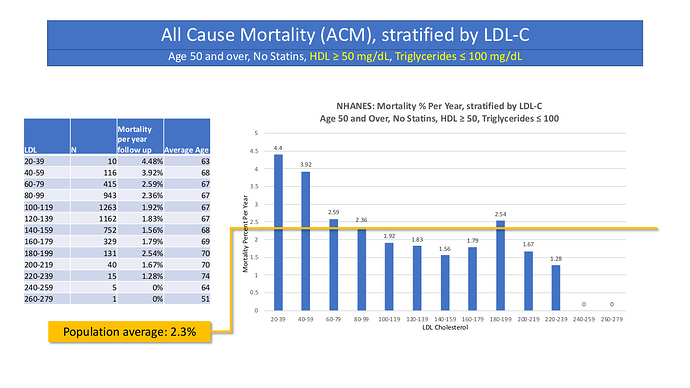As Peter explained it, there is a tremendous amount of reputable science (unlike nutritional science) which shows there are 3 primary factors which all have to occur to drive atherosclerosis.
#1 endothelial quality. Basically how permeable are your artery linings. This can be seen surgically but otherwise we don’t have an accurate way to evaluate it. It can degrade with many factors such as age, diabetes, and infections. If you don’t know yours is good, safest to assume it isn’t.
#2 inflammation. Although we have clinical markers of inflammation such as hs-crp they aren’t specific enough, accurate enough or monitored closely enough to solidly judge risk.
#3 LDL particle count. This is a multiplier with the other two. If any of the 3 is very low your risk will be low. This is the one we can best measure. For the small minority of people where this goes sky high with keto (or fasting) you can bury your head in the sand and hope one of your other 2 factors is very low. Or you might look into why it is going so high and explore options to reduce it.


